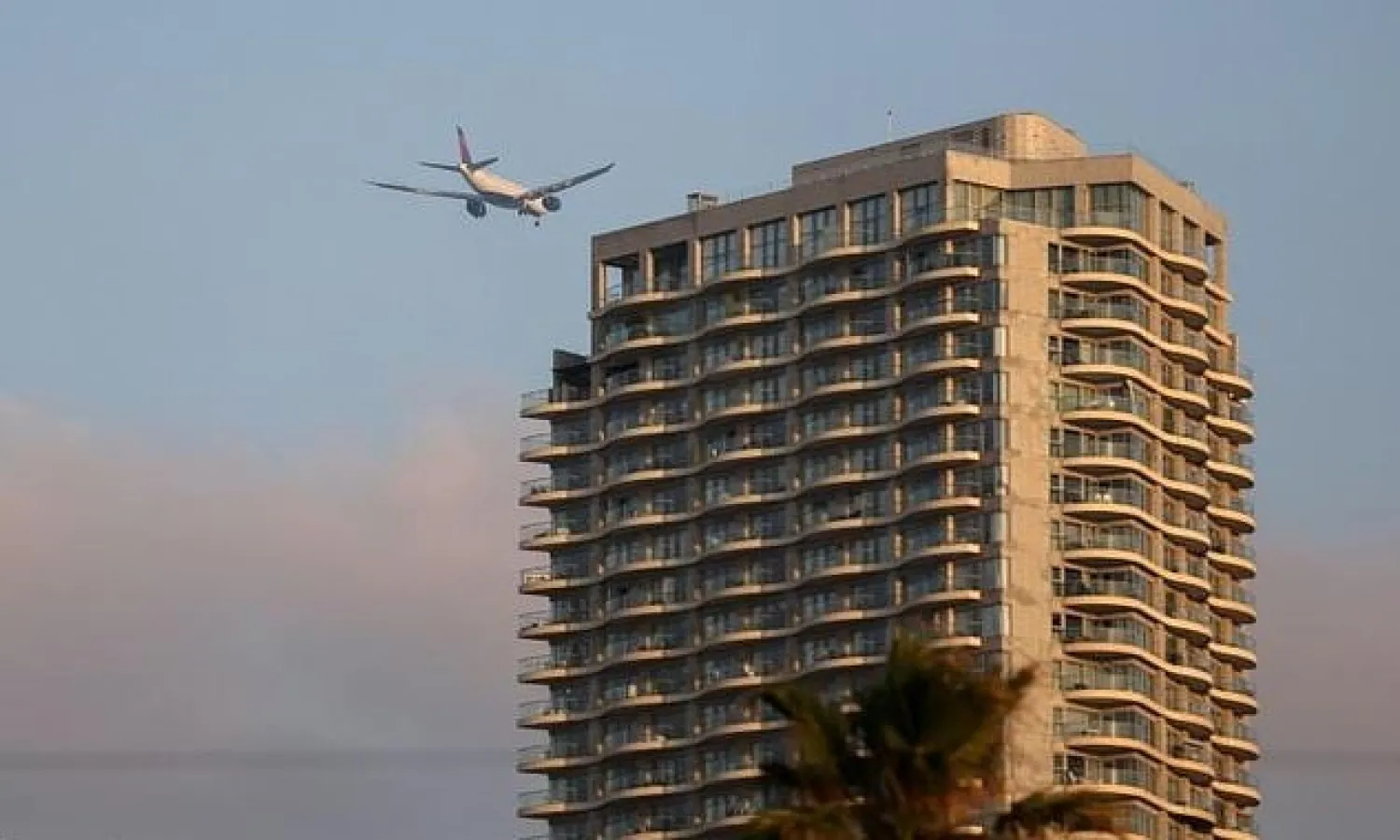Ten years since protests against the cost of living rocked Israel, affordable housing remains just as scarce, even prompting some city-dwellers to seek cheaper living on a rural kibbutz.
The 2011 "tent revolution" saw young Israelis furious at sharp rises in rents erect shelters on the upmarket Rothschild Boulevard in the heart of Tel Aviv.
Thousands of protesters soon took to the streets across Israel, shouting slogans demanding social justice.
Such widespread social upheaval had not been seen in Israel since the early 1970s, when thousands of people, led by a group called the Black Panthers, campaigned against racial discrimination suffered by Mizrahi Jews of Middle Eastern descent.
But many of the demands of the tent revolution remain a dream.
"Since then, prices have continued to increase," said Stav Shaffir, a figurehead of the 2011 protests.
"Social housing -- important in the 1960s and 1970s -- has been cut back so that almost everyone is tied to the private market," Shaffir told AFP.
The private housing market is largely unregulated in Israel.
Shaffir, who was later elected to parliament, introduced the "fair rental law", passed in 2017 to strengthen tenants' rights.
Property must now be in "good condition and the repairs are done at the expense of the owners... who can no longer evict the tenants as quickly as before," said the 35-year-old activist, who heads Israel's Green Party.
But the law has had limited impact on rent prices, which are not capped in Israel, said Danny Ben-Shahar, director of the Alrov Institute for Real Estate Research, at Tel Aviv University.
Low borrowing rates coupled with population growth -- in a country with both high birth and immigration rates -- means demand for apartments outstrips supply.
The result is a "drastic" increase in house prices, which has a knock-on impact on rents, Ben-Shahar said.
"Housing is still a major concern," he added.
The problem is especially acute in Tel Aviv.
The Mediterranean city is ranked as the fifth most expensive city in the world in The Economist magazine's latest cost-of-living report -- ahead of New York and Geneva.
"To buy a four-room apartment costs on average three million shekels ($920,0000) in Tel Aviv, and 1.7 million shekels elsewhere ($520,000)", he said.
Such costs price out all but the wealthy.
For rent, the average price of a studio in Tel Aviv is 3,300 shekels (about $1,000), double that of the northern port of Haifa, said Tal Kopel, vice president at Madlan, a leading real estate site.
In addition, property tax can add hundreds more shekels per month.
An AFP journalist who recently visited several two-room apartments in central Tel Aviv found rents of around 6,000 shekels ($1,840), including taxes.
But the dramatic impact of the Covid-19 pandemic has prompted a downward correction in rent prices.
After years on the up, prices slumped 15 percent last May, according to the Bank of Israel, although prices have since picked up again.
While demand for small apartments for singles and couples remains strong, some families are moving out.









